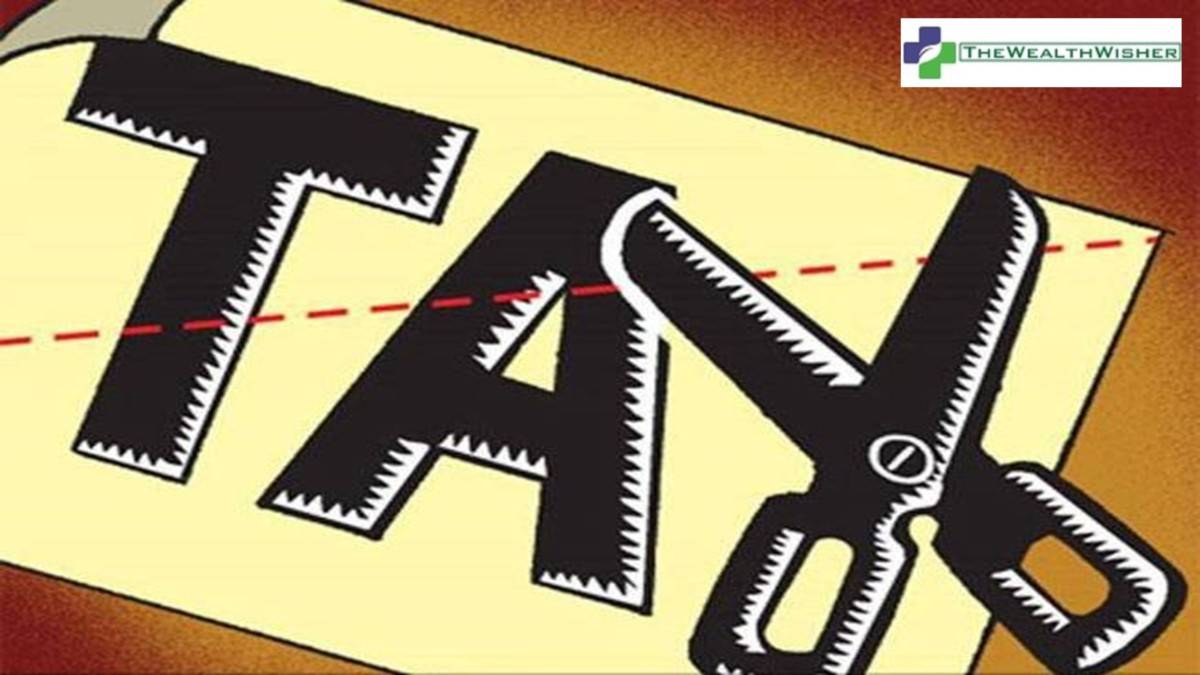It’s a joke on Whatsapp that while buying ice cream for your kid you should eat one-third of it before giving it. That the best way to teach Taxation. Tax & inflation really bite into what we earn. That is the reason why it is essential to check taxation rules before investments. Here is a guide on Mutual Fund Taxation India.
Is money taxable in mutual funds?
Yes, like any other investments mutual fund returns are taxable too. But there is certain relaxations/special consideration where you can save entire or partial tax amount. Let’s try to understand first how do mutual fund earn for us:
MFs profits or gains are of these 2 types:
- Dividend: A part of returns is announced as distributable surplus. This amount or percentage is based on Face Value of units. Means if an MF announces 15% dividend, it means it will pay Rs 1.5 for every unit that you have. Now this will be different for investors who have bought units at different times at different NAVs. Some may have bought on Rs 10 during NFO or some may have bought it at Rs 85. So yield will be different for investors as they have different numbers of units purchased. But is this dividend tax-free? Yes. Details ahead.
- Capital Gains: Suppose you invested Rs 10000 at NAV Rs 23 and exit at Rs 54 NAV. This means your NAV appreciated from Rs 23 to Rs 54 and you made gains Rs 31 (54-23) multiplied by a number of units you have. Are these gains taxable?
It depends on the scheme (Equity or Debt) and the Time Period of your holding. Details ahead.
What is Equity & Debt Scheme?
- All schemes who manage to keep their 65% average holding in equity for last 365 days are called equity schemes. So your balanced fund also enjoys equity taxation.
- All schemes not fulfilling the criteria of point A are debt funds.
- Arbitrage Funds are equity funds and hence benefit from equity taxation.
- All fund of funds (FOF) is taken as debt fund for taxation purpose.
Now the Taxation
- Dividends are tax-free for all category of investors

- But Debt schemes already deduct some tax before paying a dividend. This is called DDT or Dividend Distribution Tax. DDT for Equity is NIL.

- Capital Gain Tax on Equity Schemes
This is very simple- If your scheme is an equity scheme and you have are withdrawing after one year or 365 days of purchase, it qualifies for Long Term Capital Gain which is NIL. For any withdrawal before 1 year, it is Short Term Capital Gain Tax which is 15% of the gain.

** When you redeem (withdraw) equity scheme, a tax called Securities Transaction Tax is deducted at the rate of 0.025%.
4. Capital Gain Tax on Debt Schemes
This is a bit tricky… let me break it down. First LTCG is when you have held the units for 3 years (in equity this was 1 year). Secondly, LTCG is not tax-free like equity. You have to pay 20% tax on gain with indexation benefit.
So, any withdrawal before 3 years is Short Term and hence it is Short Term Capital Gain. This gain is added to your income. Now rate you pay is as per the income tax slab (5% or 20% or 30%) that you fall into. So, rich pay more tax here.
^ Assuming you are in highest tax bracket of 30%
- TDS for NRIsTax is Deducted at Source for NRI investors at the following rate. Other than NRI NO TDS is Deducted at Source.

- A look at the Income Tax Rates for FY 2017-18
 Some More Important Points:
Some More Important Points:
- The switch is also considered as a redemption or withdrawal. The taxation will apply as per scheme type and time of holding.
- The base year to calculate indexation is shifted to 01/04/2001 from the earlier 01.04.1981.
- In the Union Budget for 2017, surcharge @ 10% of the tax payable to be levied on individuals /HUFs or AOP’s or BOIs whose total income exceeds Rs 50 lakhs but does not exceed Rs 1 crore. Thereafter surcharge @15% would continue to be applicable on total income exceeding Rs 1 crore.
- Education cess & surcharge will be as applicable.
Surcharge at 15%, is applicable where the income of Individual/HUF unit holders exceeds Rs. 1 crore. As per Finance Act, 2017, surcharge at 10% to be levied in case of individual/ HUF unit holders where the income of such unitholders exceeds Rs. 50 lakhs but does not exceed Rs. 1 crore. Further, Education Cess at 3% will continue to apply on the aggregate of tax and surcharge. Surcharge of 7% is applicable where the income of domestic corporate unit holders exceeds Rs 1 crore but does not exceed 10 crores and at 12% where income exceeds 10 crores. Further, Education Cess at 3% will continue to apply on the aggregate of tax and surcharge.
Mutual Fund Taxation in India is very clear hence feel free to ask in the comments section below. If you think this article was helpful to understand this concept, must share it with your friends. Use the social media buttons near you to share.











Yes, this article was useful for understanding, mutual fund taxation. Being an investor this can help me in understanding how I can invest in a better way while saving taxes.
Thanx Vijay for liking the article. I tried keeping it simple and stepwise… Keep visiting Us !!!